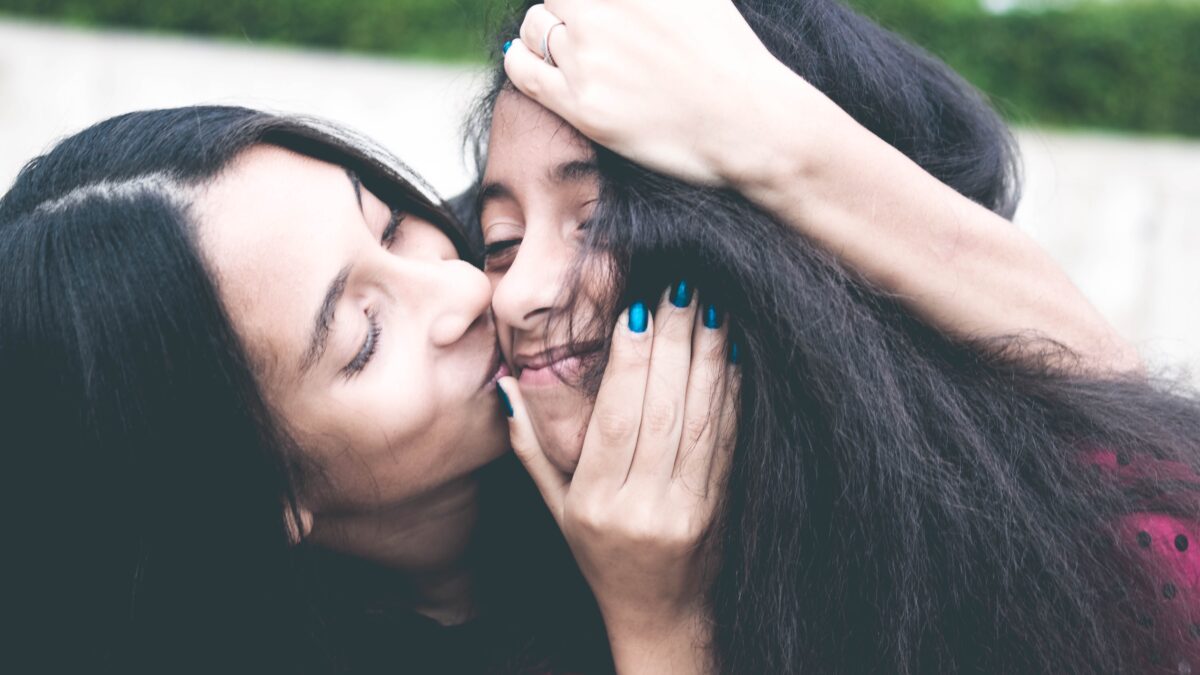Experiencing a period for the first time may be embarrassing and stressful due to a lack of adequate knowledge about the biological process. A period may cause confusion, excitement, and fright when experiencing it for the first time.
To prevent your child from encountering such during her first period, preparing her psychologically, mentally, and physically may make her understand the experience in advance. This understanding should help her view the occurrence as a positive and natural part of being a woman.
As you are a young girl’s parent, guardian, or mentor, she will look to you for guidance on navigating this new experience. This post covers some of the ways one may support a young girl during her first period.
1. Inform her in advance.
Although every menstrual cycle and everybody is different, periods are normal and natural occurrences to almost every girl. However, girls who are yet to experience it may have many questions about this new experience. This is because they lack the required information about the menstrual process.
It may be of great importance for parents or trusted adults to raise the topic with young girls and discuss it with them. Through this, a child gets an opportunity to learn about the upcoming changes in her body before they occur. That way, if her period begins in a place other than at home, she will not feel scared or unsure of what is happening to her body.
2. Prepare a period kit.
Periods may be embarrassing for girls when they occur unexpectedly when she is in public. Prior preparations may be of great significance to avoid any period-associated embarrassment.
A period kit is a tool that may make for her teen girl in preparation for the coming of periods. To make a period kit, you can purchase a small pouch and fill it with the necessary period-hygiene items. Items like pads or tampons, a change of underwear, and some flushable wet wipes may be enough to help your child feel prepared whenever and wherever her cycle begins.
5. Teach her about period products.
During periods, giving support to the young girls involves properly introducing them to items that will hold or absorb the flow of their period. There are many types of period products out there, like pads, tampons, period underwear, and menstrual cups, among other products. It’s best to teach your child about all of these products and their functions, but, as far as her use, she should start off by using one or two types of period products.
Most girls may feel most comfortable and secure when using pads. Pads are the simplest period product to install, and they are reliable when it comes to absorbing flow. However, tampons are another good option for girls starting their cycles, although it may be best to wait a while until a girl’s emotional development progresses before using them.
No matter what product is used, be sure to educate your child on how to properly install and use the product. Diagrams that accurately depict the female body may be helpful to demonstrate the function and proper use of the products. It’s also imperative that you teach the importance of changing her period product and properly discarding the full one. Wearing a full pad or tampon for long periods of time may lead to toxic shock syndrome (TSS), so it’s vital that you elucidate the importance of period hygiene.
3. Recruit a female mentor.
As a parent or guardian (particularly if you’re a male), it can sometimes be awkward to engage in conversation about the natural changes in a young girl’s body. It may also be awkward for her to be a part of such a conversation. For this reason, you may decide to call for backup in coaching your child during periods. A trusted female friend of yours or a close female relative may be the person you need to aid you in supporting your child through this new experience.
4. Consult a doctor for emerging period problems.
When you’re educating your child about periods, you need not neglect to explain the physical and emotional symptoms associated with periods. Cramps are a very normal effect of periods, as are emotional symptoms like anxiety, sadness, irritability, and self-criticism. Practice patience and understanding with your child during this time. And although these symptoms can be quite uncomfortable and annoying, they should not disrupt your child from performing daily activities.
If your child has excruciating periods, you need to consult a medical professional, as something may be wrong. You may even consider taking your child to a gynecologist. Taking your child to a gynecologist at a young age will help them begin to build a relationship with a doctor who specializes in women’s health. It will also empower your child to be more proactive and conscious of her health. To find a gynecologist who takes younger patients, search online for a “gynecologist near me” to help you find a reputable doctor for your child.
In Summary
Supporting your child when she begins her cycle is crucial. She needs to know that periods are completely natural and nothing to be “grossed out” or embarrassed about. Be an advocate and a cheerleader for her during this time as she learns to navigate and appreciate the changes in her body.


